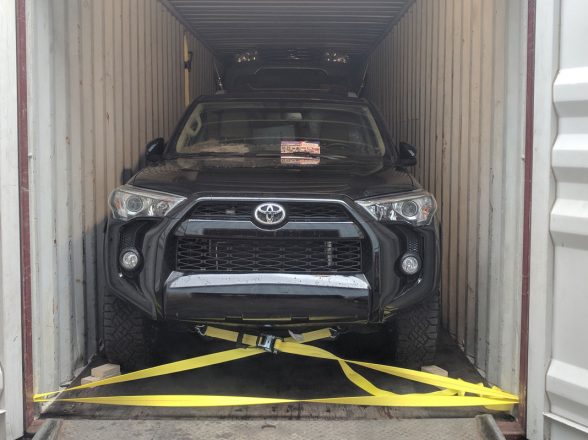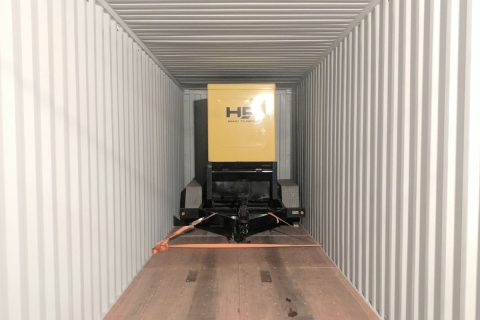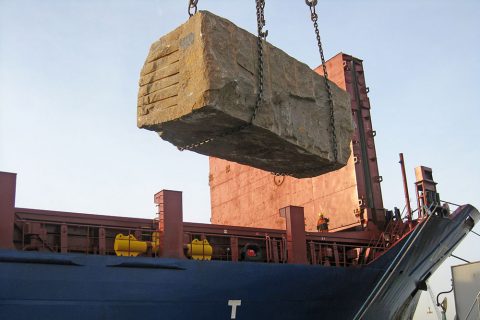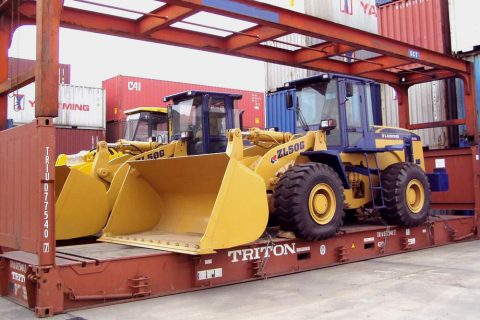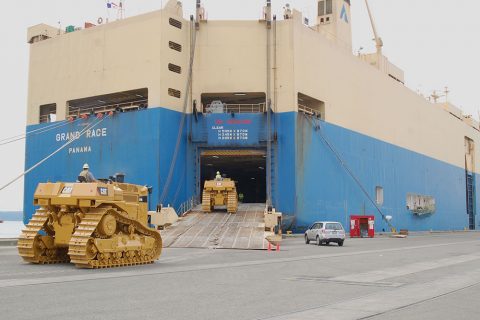Ocean Freight
LOZADA TRANSPORTATION SERVICES
Ocean Shipping Containers
ISO containers, standardized reusable steel boxes used for the safe, efficient, and secure storage and movement of materials and products around the world, are the most common mode of transport for ocean freight. We get terms like FLC (Full Container Load) and LCL (Less-than Container Load) from the use of these containers, which reflect the amount of freight a client has available for shipping.
Full Container Load • FCL
Clients that have Full Container Loads usually get better pricing because it simplifies any aspect of shipping their cargo. It necessitates less paperwork, cargo is handled by less Ocean Transport Intermediaries (reducing the risk of damage), and cargo arrives at its destination faster. The most commonly used shipping container sizes are the 20-foot standard (Exterior Dimensions: 20’ long x 8’ wide x 8’ 6” high) and 40-foot standard (Exterior Dimensions: 40’ long x 8’ wide x 8’ 6” high) containers, each of which is also available in 1-foot higher versions referred to as 20-foot High Cube and 40-foot High Cube containers.
Less-than Container Load • LCL
LCL services are used by clients who do not have enough cargo to justify the use of a full container. Palletized package units, crates with packages, and large volume items such as cars, generators, and appliances are examples of LCL cargo. Because all LCL shipments share container space with other LCL shipments, we recommend crating your shipment to protect delicate or high-value cargo from contamination or damage caused by another shipper’s cargo during transport.
Break Bulk / Flat Rack / Roll-on Roll-off (RORO)
These services are appropriate for clients who have cargo that is too large or heavy to fit into the largest shipping containers available and have ruled out the option of dismantling their cargo. A client’s cargo can be transported in the following ways in such cases:
These methods of ocean transport call for all freight to be in the cleanest state feasible in order to avoid dropping dirt or other hazardous products inside the port of loading or onto the vessel throughout transportation. If the freight includes liquids, it must not have any leakages. If the freight does not meet these requirements, it takes the chance of being denied at port of loading. In addition, RORO freight is required to be functioning (operable condition).
Lozada Transportation Services offers you with a carefree shipping experience. It’s all the same procedure whether you ship a bus, heavy equipment (like excavators, tractors & trailers), household items and even a watercraft. You can feel confident your cargo will arrive in the same condition at its destination. We will let you know precisely what to do in order to begin the shipping process. The process differs from country to country yet we are right here to aid with advice as well as to address any type of concerns you might have.



